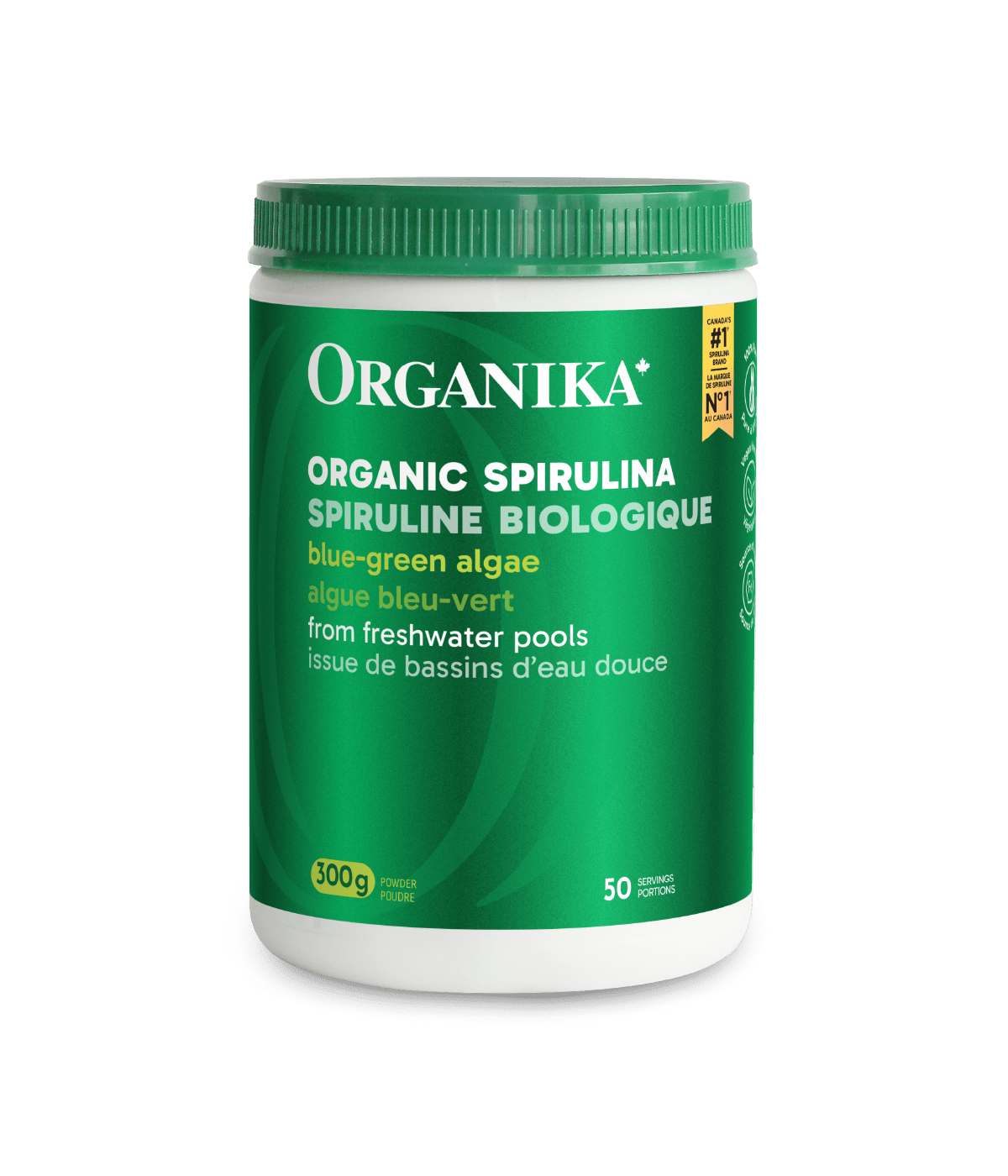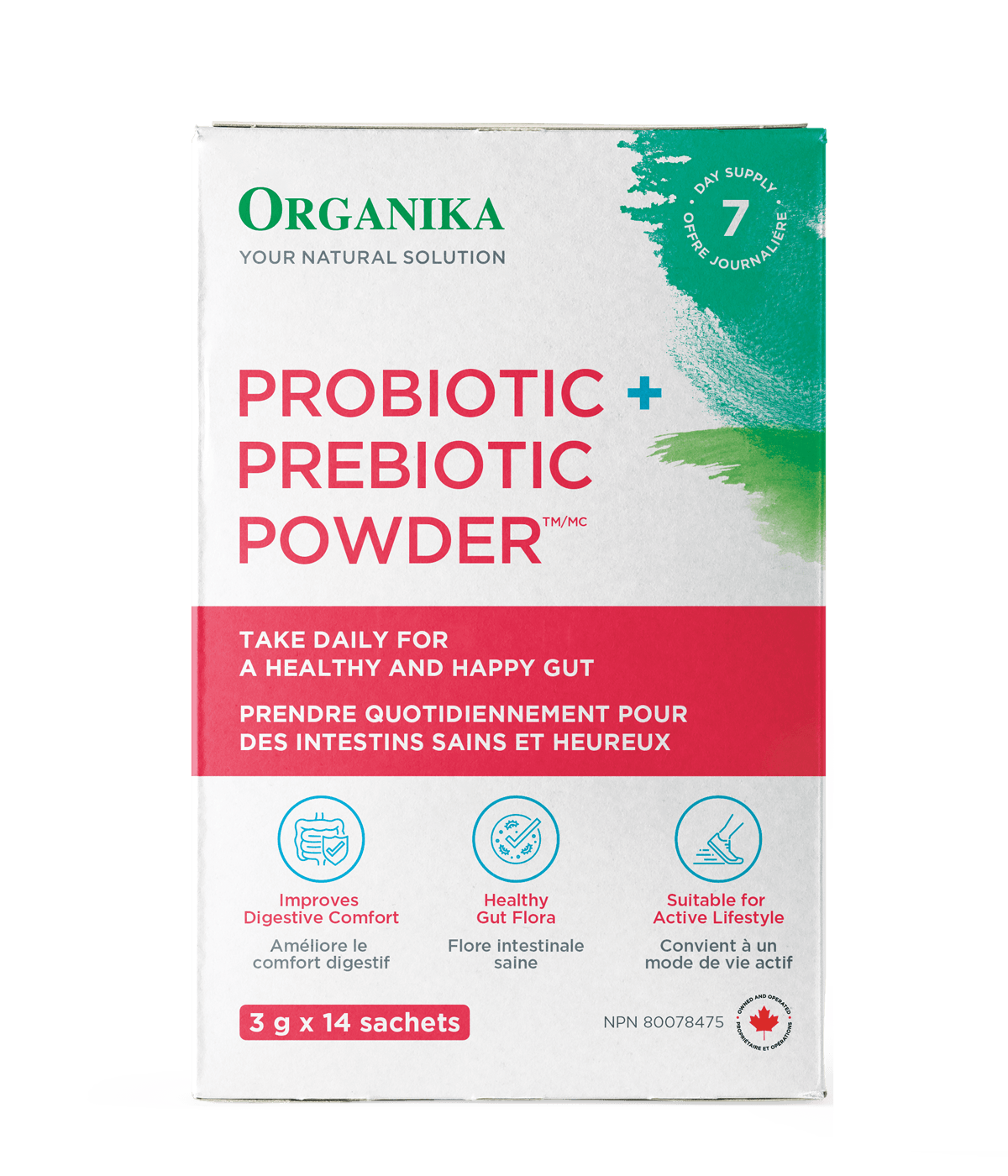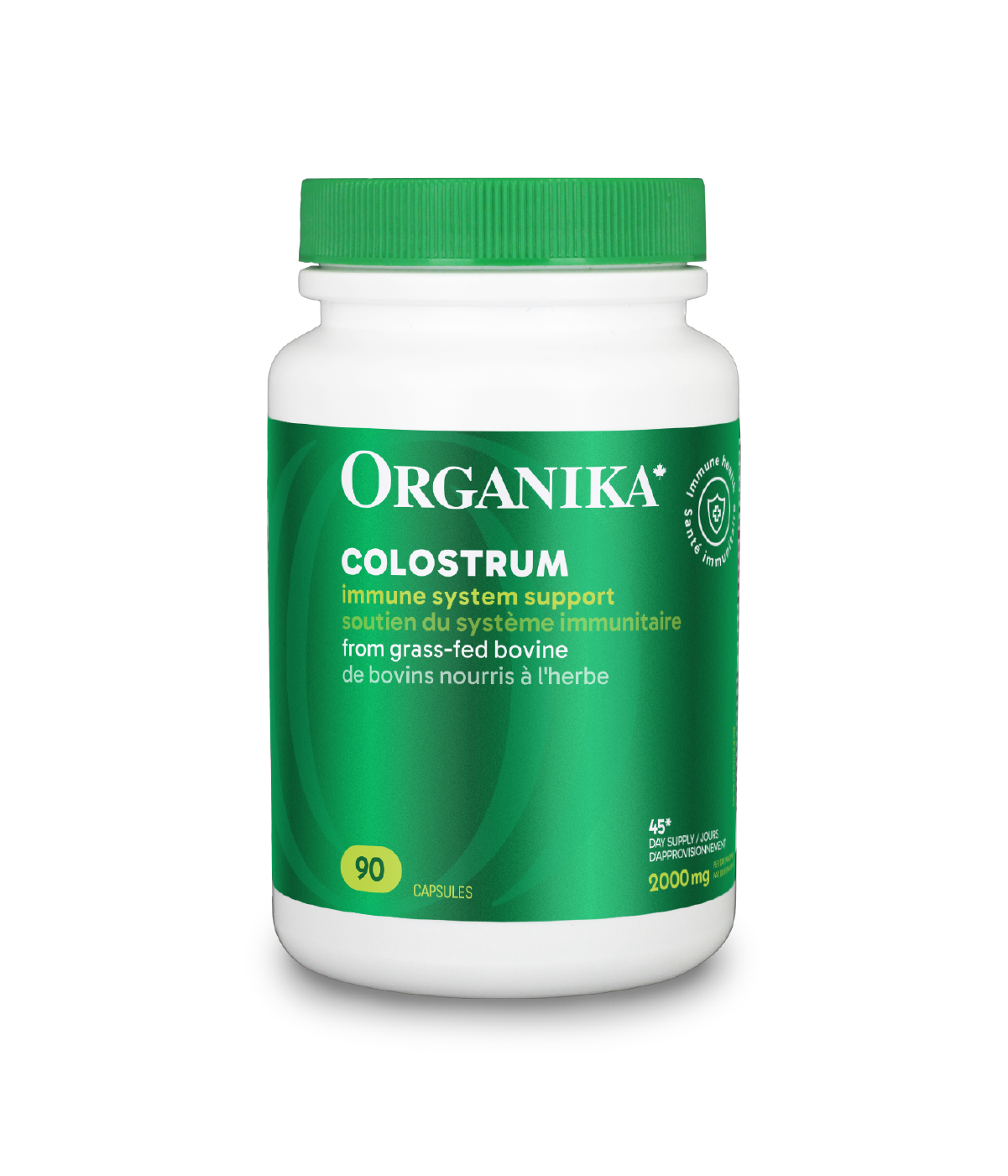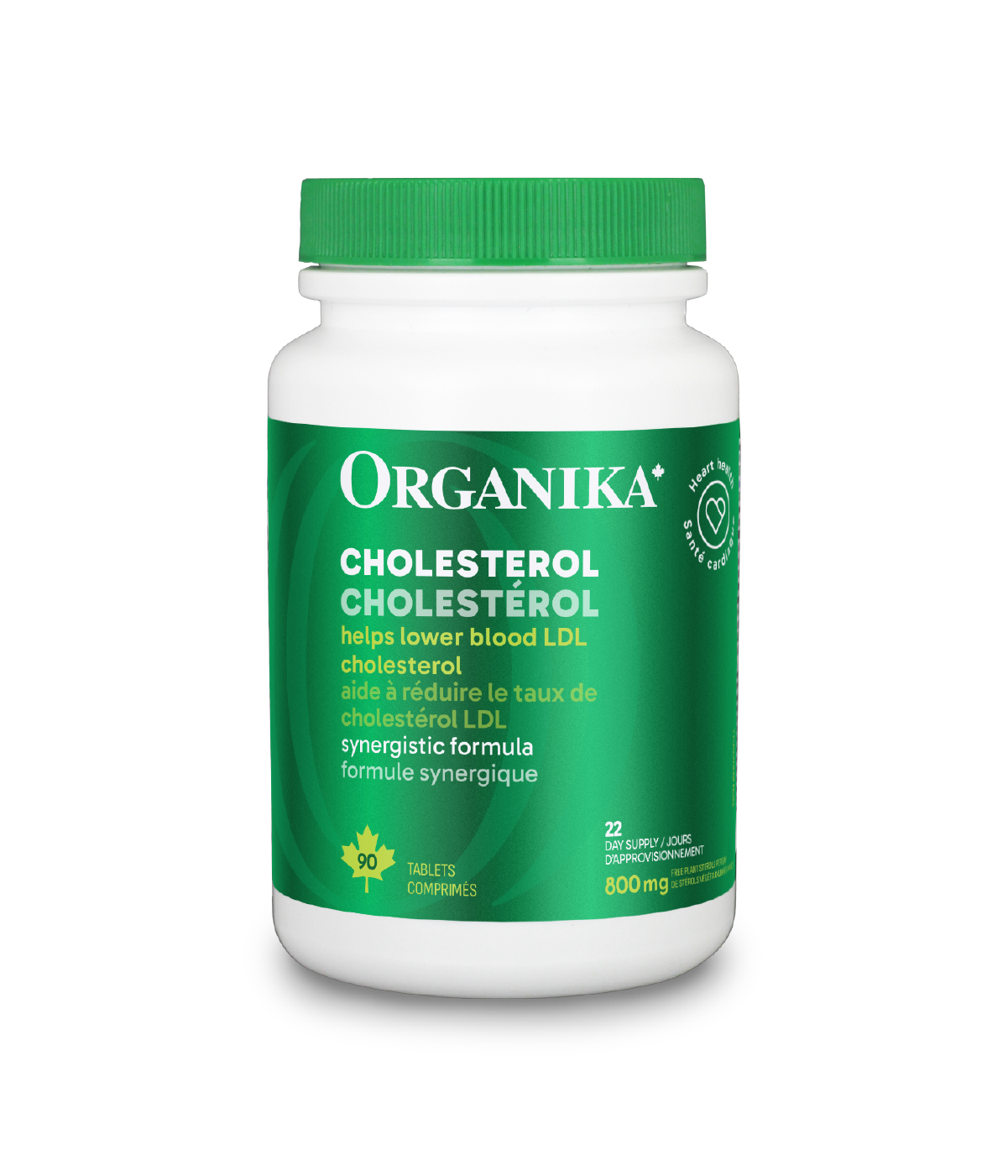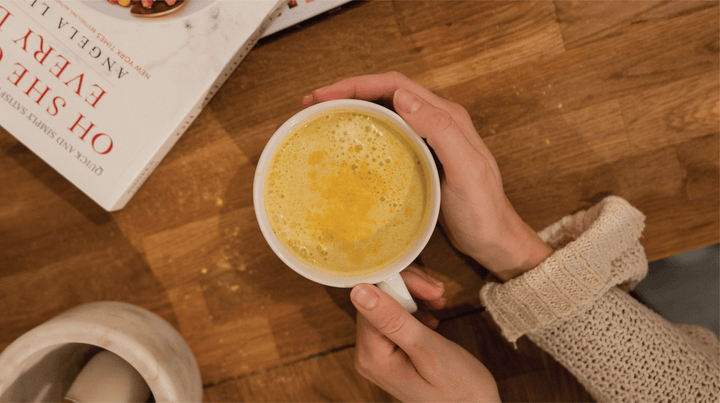Supplement Facts
This thoughtful formula blends time-honoured red yeast rice with cholesterol-balancing plant sterols to offer a natural approach to supporting heart health by lowering total and LDL cholesterol levels.
Ask Away
We’ve got the FAQs covered. But if you’re still stuck, we’re only a message away.
Get in TouchAre there any safety concerns I should know if taking this product?
As Monacolin K works the same way as statin drugs, please be mindful of potential side effects, the same you may find with the prescription drug. Donít take red yeast rice if you are taking a statin prescription drug. For both of these options, coenzyme Q10 levels decrease faster than normal in the body. Consider taking a coenzyme Q10 supplement when taking red yeast rice to replenish coenzyme Q10 levels.
Does your product contain any of the dangerous contaminants that may be found in other brands?
No. Our product contains no citrinin, a fungal toxin sometimes present in stored grains like rice, that can be detrimental to the liver and kidney systems, as well as cause genetic damage to human cells. It is also naturally red and contains no added colours.
How else is red yeast rice used?
It's also used as a food product, especially in East Asian cuisines.
Where can I get more plant sterols in my diet?
Phytosterols, as a fat-based molecule, are found in the fats of plants. This is often in seeds, grains, or legumes, like coconut, corn, olives, peanut, canola, soy and sunflower seeds and their extracted oils. Plant sterols do not interfere with statin drugs, and instead can complement their efficacy.
Are there other ways I can lower my LDL or total cholesterol levels?
Yes, there are many lifestyle choices that can be adjusted to help with not-ideal cholesterol levels. Cholesterol plays a very important role in many of your hormones and all your cell membranes, so you definitely donít want to think of it all as bad. LDL levels increase when you need more cholesterol to fix damage - like with free radical damage in the arteries or to protect cells from excess dehydration. Decreasing choices like smoking, drinking alcohol, and eating sugar, refined carbohydrates and process foods decrease free radical damage. Increasing your intake of antioxidant-rich fruits, vegetables and spices help to combat these free radicals. Ensuring ample clean water daily, and not overdoing dehydrating-beverages like coffee, tea and alcohol can also help with cell hydration and a decreased need for LDL cholesterol.
Another piece to take into consideration is your bowel health. Excess cholesterol is released with bile from your gallbladder when you eat foods containing fats. If you are constipated or your liver/gallbladder system is not functioning properly, cholesterol may be building up in your system instead of being properly eliminated. Another reason to adjust your diet away from processed foods and towards a more whole foods, plant-heavy plan.





























